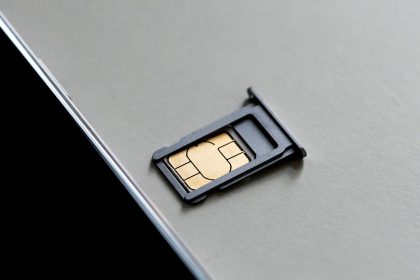Nigeria’s Securities and Exchange Commission (SEC) has released a new regulatory framework for the country’s crypto sector, signalling a major shift in attitudes from authorities towards the industry’s growing popularity. Following the Central Bank of Nigeria’s (CBN) circular in February 2021, crypto exchanges in Nigeria have been banned from working with financial institutions; however, the latest developments from the SEC could act as the precursor for a surprise move from the CBN to reverse its approach, providing critical foundations for mass crypto adoption across the country.
Speaking on the SEC’s proposed framework, Owen Odia, Country Manager for Nigeria at Luno, a leading global cryptocurrency exchange with over 10mn customers worldwide, says “At Luno, we strongly believe today’s developments could mark a major breakthrough in not only delivering much-needed clarity and protection for crypto customers, but also for businesses.”
“Since launching in Nigeria in 2015, we’ve always prided ourselves on consistently adopting an open and proactive approach towards regulation and with the SEC’s new framework, our hope is that our current and potential users will have even greater confidence to trust us with their funds as we strengthen our push to raise the standards of our industry.”
“We are well-aware that regulators such as the SEC share this same mission; however, we are also conscious that this is by no means an easy task for them. They have to get to grips with a new technology that very few are yet to understand but it is for this reason why they should continue to collaborate with industry players over the coming months and years.”
“Due to our expertise, we believe we can play a crucial role in helping the SEC navigate the nuances of this technology so any eventual regulations manage the need to protect consumers without stifling the huge innovation we’ve seen in Nigeria over the last few years.”
Currently, Luno has more than 3 million customers in Nigeria and secures an average of more than 4,000 installs of its app per day in the country alone. The platform is also registered with the Nigerian Financial Intelligence Unit and adheres to stringent KYC (Know Your Customer) and AML (Anti-Money Laundering) processes in all of its 40 operating countries.
Additionally, Luno undergoes full verification of the existence of its customers’ cryptocurrency by an independent audit firm, Mazars, on a quarterly basis and has achieved an ISO 27001 certification, which is a globally recognised standard for an Information Security Management System.









